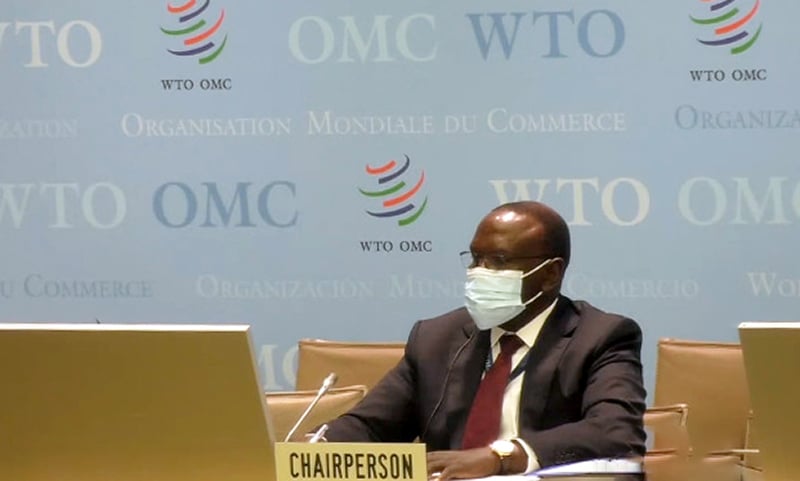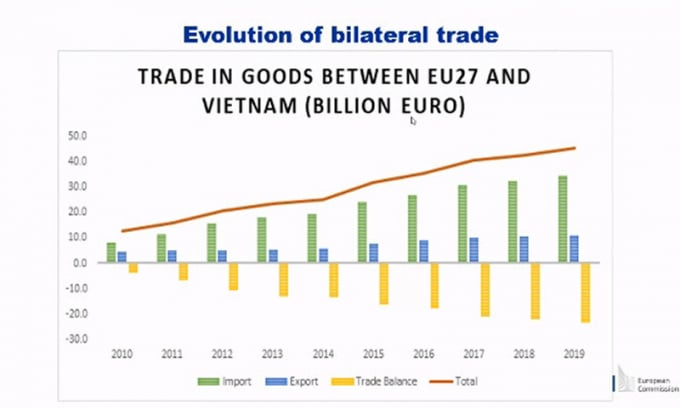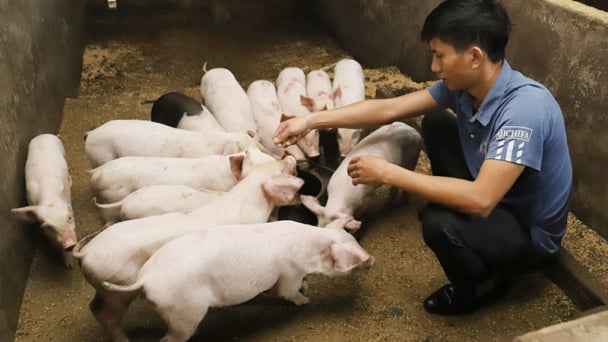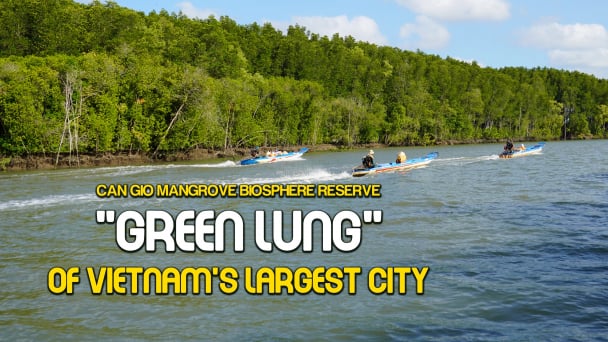June 20, 2025 | 01:40 GMT +7
June 20, 2025 | 01:40 GMT +7
Hotline: 0913.378.918
June 20, 2025 | 01:40 GMT +7
Hotline: 0913.378.918

The overview of the 81st SPS Committee meets in Geneva, Switzerland on November 1. Photo: Ba Thang.
The 81st SPS Committee meets in Geneva, Switzerland, from November 1 to 5. The conference consists of a two-day thematic session on November 1-2 and an official session on November 3-5, according to the Vietnam SPS Office.
The thematic session will allow WTO Members to exchange perspectives and assess progress toward worldwide harmonization. The WTO SPS Agreement encourages Members to align their measures as closely as possible with relevant international standards, guidelines, and recommendations, such as the Committee on Nutrition and Food for Special Dietary Uses (Codex), the World Organization for Animal Health (OIE), and the International Plant Protection Convention (IPPC).
This session's thematic focus will be on three main topics, including Relevant provisions of the SPS Agreement and actions taken to date to monitor the process of international harmonization; Codex, OIE, and the IPPC actions and initiatives to monitor the use and coordination of international standards by these standard-setting bodies and the SPS Committee; and members' approaches, experiences, and challenges with the use of international standards at the national and regional levels.
During the 81st meeting's formal session, members of the SPS Committee will discuss the following topics: To begin, data on the status of plant and animal diseases in each nation are provided. Members will disclose any changes to their SPS policy or status.
Second, explore the SPS implications of the Covid-19 outbreak. The Vietnam SPS Office reports that there are now 109 SPS announcements and information pertaining to this industry.
Three significant areas of focus for Vietnam at the 81st session are regulations on residue levels in some major export markets; Issues relating to new SPS measures adopted by WTO members; and bilateral discussions with Saudi Arabia on selling aquaculture goods to the West Asian national market. This is also a critical responsibility, as it will assist Vietnam in increasing the value of its exports in the coming years.

A chart on bilateral trade development between Vietnam and the EU was presented at the conference on the evening of November 1.
Mr. Ngo Xuan Nam, Deputy Director of the SPS Vietnam Office, stated that Vietnam has accepted to co-host the 12th WTO Ministerial Conference's SPS Declaration.
Mr. Nam also voiced optimism for bilateral discussions with Saudi Arabia, stating, "Hopefully, Vietnamese farmed seafood will soon reach Saudi Arabia."
The SPS Committee meets every four months, as is typical. SPS Vietnam will collate notifications from WTO member nations, as well as draft and effective legal documents governing sanitary and phytosanitary (SPS) measures that may influence Vietnam's agricultural exports.
On this basis, the SPS Vietnam Office will solicit comments on the aforementioned drafts from agencies, organizations, businesses, and manufacturers. Following that, improvements to the manufacturing and processing procedures will be made to conform to any new rules imposed by each import market.
Translated by Linh Linh

(VAN) Biodiversity is being threatened by traditional remedies made from wildlife. Traditional medicine and humans must change to live in harmony with nature.

(VAN) Agrifood investment and finance solutions for people and the planet.

(VAN) Microplastic contamination has become pervasive in seafood, posing unprecedented challenges for food safety and marine ecosystems.

(VAN) Proactively using vaccines, combined with transport control and enhanced surveillance, is the only viable path toward biosecure and sustainable livestock production in Vietnam.

(VAN) Located in the southeast of Ho Chi Minh City, the Can Gio Mangrove Biosphere Reserve is considered the ‘green lung,’ a solid shield protecting the city.

(VAN) To address plastic pollution, closing the plastic recycling cycle will bring significant economic and environmental benefits.

(VAN) According to the Binh Thuan Department of Industry and Trade, in the first five months of 2025, Binh Thuan's dragon fruit export turnover increased by 20.65% compared to the same period last year.